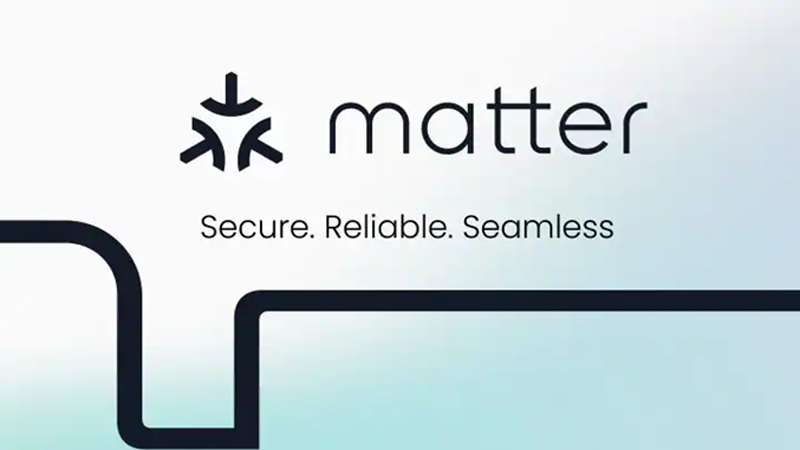LATAM’s short-term economic and political outlook: Chile, Colombia, Mexico and Peru
20 July 2022

First announced in 2019 as “Project Chip”, Matter is the new universal protocol that seeks to unify the fragmented smart home ecosystem.
What is Matter?
Compatibility in the smart home ecosystem has become a primary consideration for consumers buying smart appliances and devices. Due to platform incompatibility between Amazon’s Alexa, Google’s Assistant and Apple’s Siri, users are limited to only a handful of IoT devices supported by their respective platforms. Matter is a universal smart home application protocol that aims to eliminate the current smart home market fragmentation and improve interoperability between IoT devices. Matter-compatible products will work across all platforms that support the standard, and theoretically form a well-integrated smart home ecosystem with devices from multiple brands, paving the way for more opportunities to develop new ecosystem-driven use cases.
Strong support from the three leading platform vendors
Amazon, Google and Apple are the three major platform vendors supporting Matter. In 2021, Amazon announced several Echo series devices that will be updated to become Matter hubs to control Matter devices and also improve the ease of setup. Google has committed to updating compatible Nest devices to support Matter while extending the Fast Pair feature for ease of use.
Apple benefits most from Matter, as its HomeKit ecosystem did not develop as fast as those of Amazon and Google. In 2021, Apple officially announced Matter support in iOS 15, which is helping it build a more consistent smart home framework. HomeKit users are expected to benefit from the expanded selection of Matter devices, which should include more affordable options. To take advantage of the new update, Apple should expand the number of devices that support Matter beyond its HomePod and Apple TV devices to include iPads and iMacs, which are primarily at-home computing devices. With more comprehensive support on these common devices, Apple would have more opportunities to integrate its software between devices, backed by well-thought-out use cases that offer premium user experiences and strong privacy controls.
The importance of Thread and local connectivity
The Matter unified standard expands consumers’ smart home device options and cuts costs for IoT device manufacturers and developers as they only need to focus on one integrated protocol. Moreover, Thread, the wireless mesh networking technology that Matter supports, enables smart home products to be connected locally, even without a cloud connection, after initial setup.
In December 2021, Amazon suffered a major web service outage that led to malfunctions of its products and services, including Alexa and related smart home devices. Xiaomi’s Mi Home app crashed twice in April and June 2022 due to an Internet malfunction and cloud network outage. Matter’s local connectivity ability is vital as it reduces reliance on the cloud, cuts latency and improves the user experience and data security. Offline controls will likely become a key feature to encourage consumers to update or purchase new devices.
Matter’s future
Matter 1.0 is expected to officially launch in fall 2022 with hundreds of devices supporting the protocol, but adoption of this global standard will not happen at once. It will start with platform vendors Amazon, Google and Apple giving current compatible smart speakers and displays Matter hub functionality via updates. This will be followed by downstream IoT devices’ software updates to support Matter and finish with consumers’ step-by-step device updates or new product purchases for the market to shift to this new standard.
The cost of upgrades, including the time and effort spent by consumers on setup, is a significant factor that will influence the speed and rate of Matter adoption. Vendors and channel partners need to educate the market to ensure users understand the advantages of this massive change and simplify the upgrade process without affecting users’ current setups.
Joining Matter means vendors are committed to breaking the bottleneck caused by the fragmented ecosystems in the current market, even if it means collaborating with rivals. Competition will shift from building walled garden ecosystems to offering the best and most reliable support to third-party devices with exclusive ecosystem-driven software features and use cases. Platform vendors still need to develop unique first-party devices and prioritize building ecosystems rather than just single devices to achieve their respective computing goals.